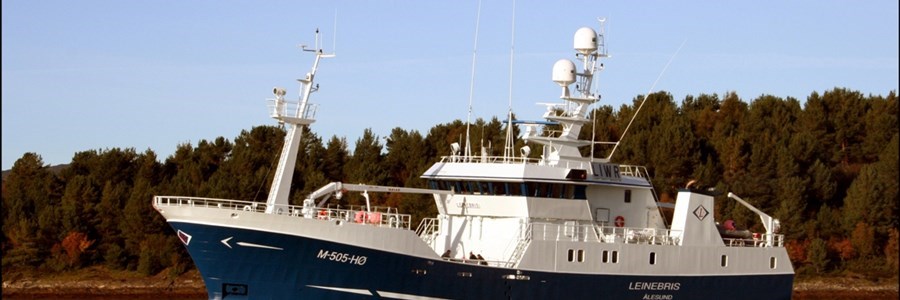EU/PECHE: les possibilités de pêche en eaux profondes ont reçu un accueil mitigé de la part du secteur.

Le Conseil Pêche est arrivé hier soir à un accord sur les possibilités de pêche pour 2015 pour certains stocks en eaux profondes, c’est la première fois depuis les décisions sur l’interdiction des rejets et du Rendement Maximal Durable (RMD) décidées sous la réforme de la Politique Commune de la Pêche.
Europeche have stated that they are well aware of the importance of these sensitive deep-sea fisheries and are fully supportive of contributing to more sustainable fisheries management of deep sea stocks, fully adhering to the objectives of the Common Fisheries Policy (CFP) and striving to integrate these goals into their activities on a daily basis without jeopardising the future of the sector.
The proposal sees cuts for many deep-sea stocks, including a reduction of a massive 52% in 2015 and 51% in 2016 for Red sea bream in area IX, going from 780 tonnes in 2014 to just 183 tonnes for 2016. Javier Garat, President of Europêche is appalled by hefty cuts, stating; "The sector simply cannot support a cut of 52% in such a short space of time. The fishermen targeting this stock will suffer the consequences with no room for manoeuvre. They have contributed to the sustainable fishing through management plans and effort reductions. However, we are not the only ones fishing in this area. Non-EU countries such as Morocco are also partaking in this fishery and do not implement the same high standards of management plans or have the same minimum sizes. Therefore, instead of proposing excessive unilateral restrictions for the sector, the EU should focus on the joint-management of the resource."
For areas Vb, VI an VII, the stock of Round nose grenadier is exploited at a rate consistent with producing the highest catch from the stock in the long-term yet there has been an agreed reduction of 12%. The Council has also agreed to a cut of 8% for Black Scabbardfish but this does not meet the needs of the sector. Garat stated" Since 2003 there has been a significant effort reduction and catch limitations on this stock. The Commission is using the same advice as two years ago without taking these efforts into consideration. The stock abundance has been stable since 2002 and harvest rates indicate a slight decrease in exploitation in areas VI, VII, Vb and XIIb and a stable exploitation for VIII and IXa. Catches have even decreased since 2002.
The management plans in place are already bearing fruit as can be seen from the agreed increase of 20% in Forkbeards. This demonstrates that if properly managed, deep-sea stocks can be exploited in the long term."
ENDS
Europêche represents the fisheries sector in Europe. Currently, the Association comprises 16 national organisations of fishing enterprises from the following 10 EU Member States: BE, DE, DK, ES, FR, IT, MT, NL, PL, UK.
Press contacts:
Kathryn Stack, Managing Director of Europêche: +32.2.230.48.48 kathryn.stack@europeche.
Sources: Europêche
Tags: deep sea, fishing, fisheries, common fisheries policy